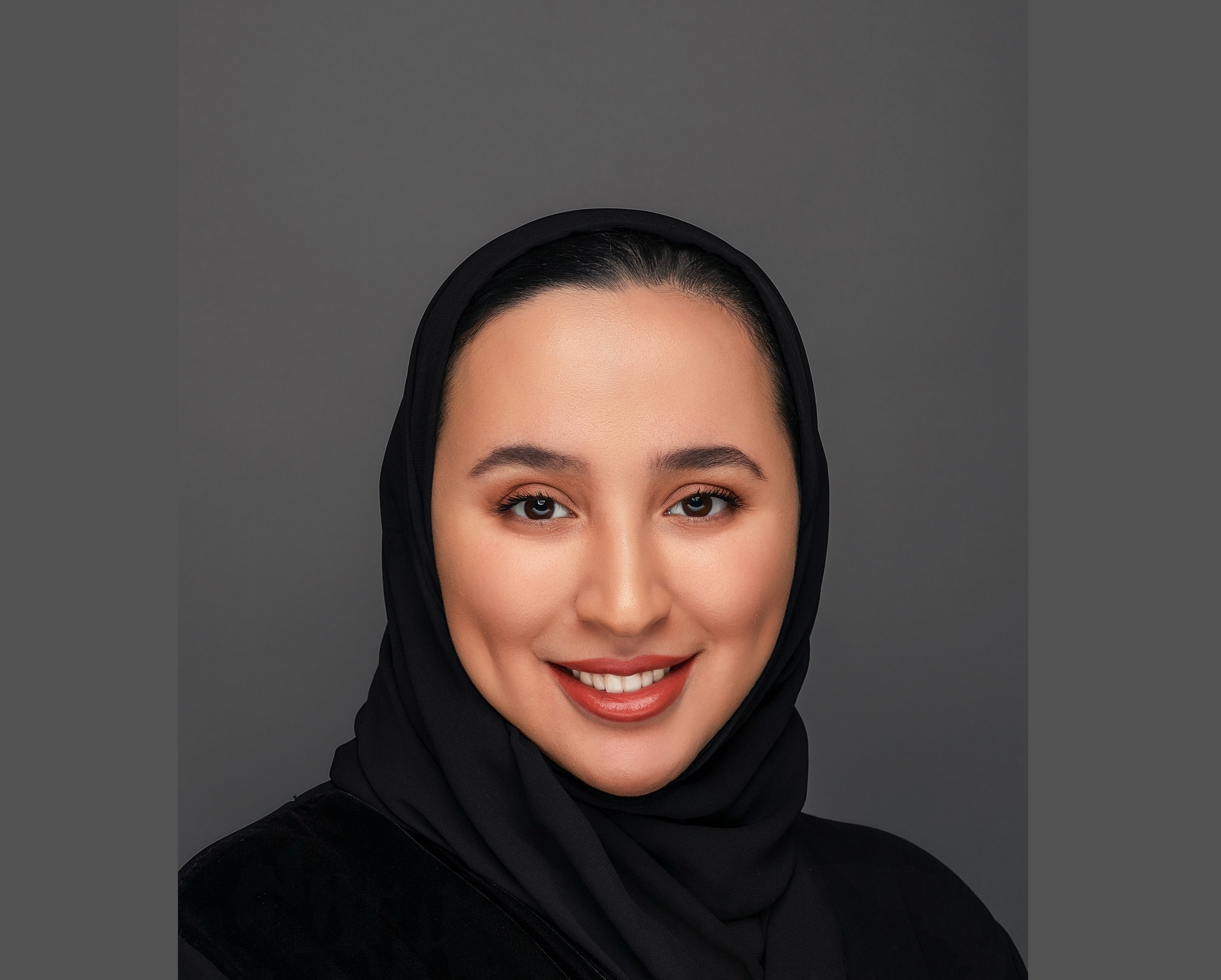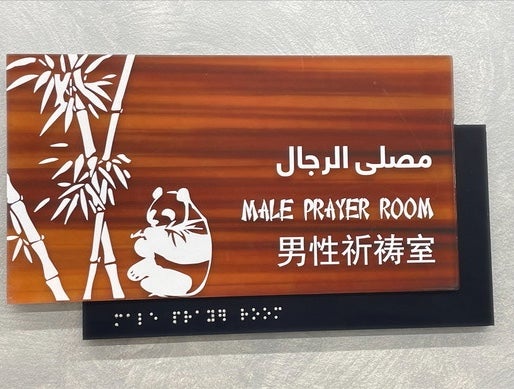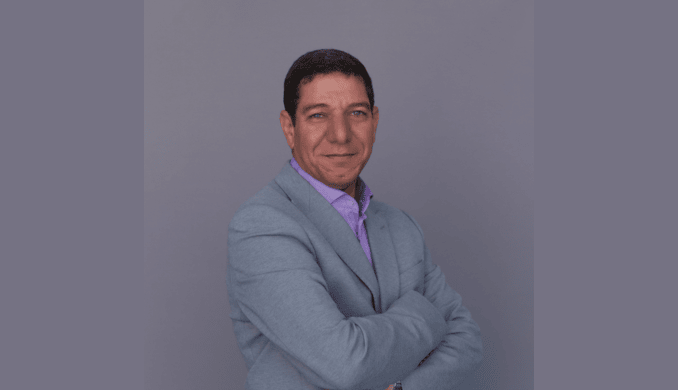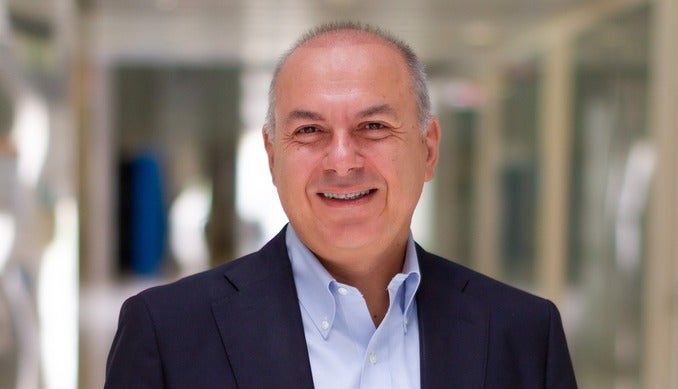By Ibrahim Mohammad Arafat
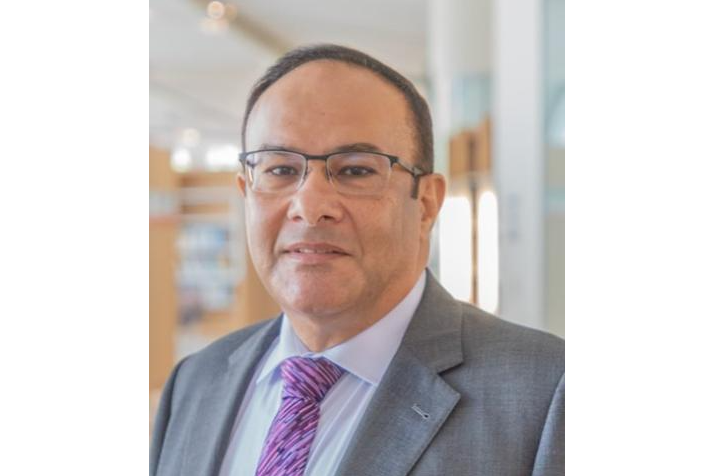
International relations, much like all human relationships, weave together interests and principles, merging noble intentions with utilitarian calculations. This dynamic is especially evident in humanitarian work undertaken over the past two decades. Hundreds of millions globally depend on charitable donations and aid. According to a 2023 address by UN Secretary-General António Guterres, 360 million people worldwide require humanitarian assistance—a 30 percent increase from 2022. Notably, over 110 million people have been forcibly displaced, and more than 260 million face acute food insecurity, with some at risk of famine. This stark reality means that one in every 22 individuals relies on humanitarian aid to avoid starvation, withstand emergencies such as forced displacement, wars, natural disasters, and to maintain hope of obtaining basic education.
Since January 13, 1960, the international community has endeavored to create institutional mechanisms for organizing charitable work and humanitarian aid, leading to the establishment of the Development Assistance Committee (DAC) within the Organization for Economic Co-operation and Development (OECD). As humanitarian crises proliferate and the number of those in need expands, humanitarian work has grown into a significant concern in international relations for two primary reasons. The first is humanitarian and ethical, aiming to alleviate the suffering of large populations condemned to hardship without cause. The second is utilitarian and pragmatic, where humanitarian actors leverage assistance to penetrate states and regions, advancing their own national interests and wielding soft power. In today's competition for global standing , humanitarian work has evolved into a form of implicit power, where nations enhance their reputation and influence through non-traditional means.
With their financial possibilities, some of the Gulf countries have become increasingly skilled and adept in conducting humanitarian work on an accelerating and expansive scale. This involvement provides them with opportunities to influence policies while exposing them to criticism due to a distorted narrative that conflates Gulf money with terrorism, and a lack of transparency.
Aware of their susceptibility to international pressures and committed to exercising their sovereign rights, Gulf countries have strived to develop comprehensive strategies for their humanitarian activities. Their objectives include achieving national interests, maximizing the benefit of their work, engaging effectively in global humanitarian efforts, mitigating criticism, and ensuring that aid gets to where it is needed most. The importance of humanitarian work in Gulf states' foreign policies is underscored by the fact that four Gulf countries—Qatar, the United Arab Emirates (UAE), Saudi Arabia, and Kuwait—are among the top 20 donors of humanitarian aid worldwide, with aspirations to be among the top ten by 2030.
Despite their generous donations and support to the distressed and needy, Gulf states recognize that providing humanitarian aid outside their borders brings significant challenges, including accusations of triggering regional tensions. The origins of substantial Gulf humanitarian work date back to the 1967 Israeli aggression against Arab countries and peoples. This conflict spurred Gulf nations to direct over half of their aid to Palestinian refugees in Egypt, Syria, Jordan, and Lebanon. Although Gulf countries institutionalized their aid efforts by establishing sovereign foreign aid funds - such as Kuwait's Fund for Arab Development (1961), the UAE's Abu Dhabi Fund for Development (1971), and Saudi Arabia's Fund for Development (1974) - they face persistent criticisms of abetting certain countries and groups, leading to accusations of ulterior motives and even direct complaints of aiding terrorism under the guise of volunteerism. This criticism of instigating regional tensions was notably evident following the Arab Spring.
The events of September 11, 2001, also heightened the scrutiny of funds allocated for charity from Gulf states, leading to increased demands and pressures from the United States and Europe for strict monitoring and regulation of all financial transfers emanating from the region. Globalization has also intensified these pressures, requiring Gulf countries to disclose their activities, demonstrate transparency, and apply financial inclusion to all charitable programs.
Western scrutiny of the Gulf states’ charitable activities nevertheless predates the so-called War on Terror and other contemporary developments. Established in 1961 and comprising 32 mostly Western countries, the DAC provides Gulf states a monitoring place at the table but not full membership. This lack of full inclusion and insistence on Western oversight ultimately aims to prevent other countries from leveraging their financial capabilities to build national soft power. Consequently, this Western centralism has led newly active humanitarian actors, such as the Gulf states, to deviate from DAC standards of aid provision, particularly since the definition of humanitarian work and determining who should or should not receive aid are influenced by cultural differences and political calculations.
Closer to home, Gulf states cannot afford to limit the practice of their humanitarian foreign policies, not only to preserve their soft power internationally but also to garner legitimacy domestically. Wealthy individuals, families, and organizations in the Gulf expect their governments to support their donations, volunteer efforts, and establishment of charitable organizations as part of their religious obligations. Government support for these efforts is factored into measures of legitimacy and acceptance, making it difficult to retreat from such commitments due to Western pressures.
Humanitarian and charitable work has also become an integral part of Gulf states' strategies for diversifying their economies away from oil, entering new markets, and serving interests. Charitable activities foster new partnerships and enhance their international image, not just as benevolent donors but as capable international actors contributing to global development and projecting their image as active and responsible nations.
To overcome these challenges, Gulf countries should enhance coordination with international organizations in order to align their efforts with global standards, avoid duplication of humanitarian work, and ensure that their efforts reinforce a positive image of the region. They can also invest in building local capacities and improving human capital specializing in humanitarian work, making them more familiar with these challenges and enhancing the impact and sustainability of aid delivery. Finally, fostering public-private partnerships would leverage diverse resources and expertise, maximizing the impact of humanitarian initiatives. By doing so, Gulf countries can improve their humanitarian efforts, enhance their international standing, and provide crucial support to those in need.
Dr. Ibrahim Mohammad Ibrahim Arafat is a professor at Hamad Bin Khalifa University’s (HBKU) College of Humanities and Social Sciences (CHSS).
The thoughts and views expressed are the author’s own and do not necessarily reflect an official University stance.







